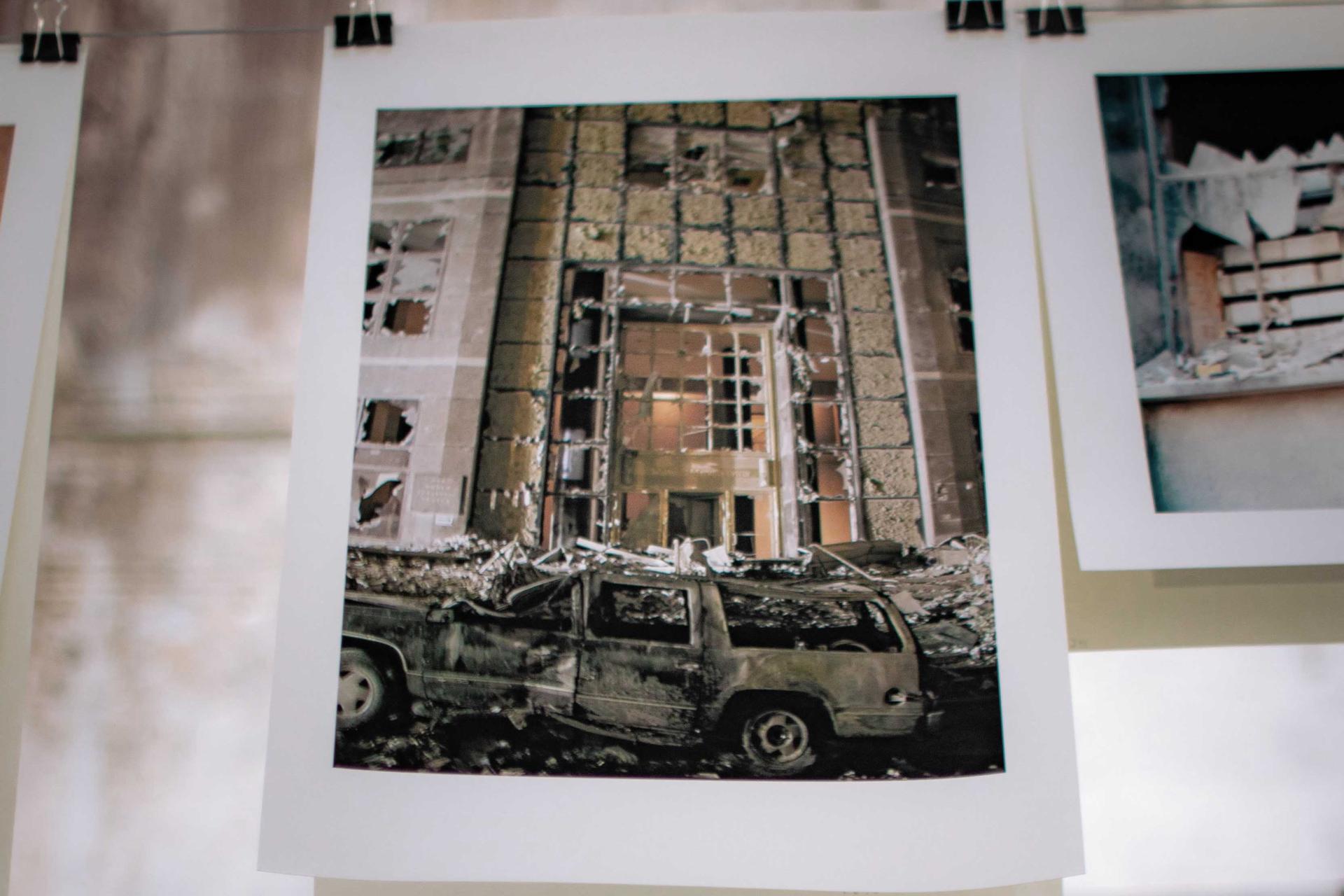CJS Seminar: Francesca Soliman and Kajsa Dinesson

Location:
Teaching Room 07
Edinburgh Law School
Old College
South Bridge
Edinburgh
EH8 9YL
and Virtually on Zoom
Date/time
Wed 5 April 2023
16:00-17:30
The Crime, Justice & Societey Seminar Series presents
Preventing harm: A Zemiology of counter-terrorism
Dr Francesca Soliman, Napier University and SCCJR member and Kajsa Dinesson, The University of Edinburgh
Kajsa Dinesson is a PhD candidate at the University of Edinburgh. Kajsa’s ongoing doctoral research explores broadly drafted and vaguely defined terrorism offences in practice with a focus on prosecutorial discretion. Kajsa’s primary research interests include criminal law, criminal procedure, discretion and evidence in theory and in practice. She has several publications on the implementation of terrorism offences, and guest-lectures on terrorism and counter-terrorism in the subject area of criminology.
Dr Francesca Soliman is a lecturer in criminology at Edinburgh Napier University. Francesca’s research examines the social and environmental harms caused by borderisation, with a particular focus on its impact on border communities at the external margins of the EU. Francesca’s work seeks to further develop the emerging discipline of zemiology as a tool to analyse the wider impact of border policies and other forms of social control. Francesca holds a PhD in Law from the University of Edinburgh; her doctoral research is currently under publication as part of the series “Routledge Studies in Criminal Justice, Borders and Citizenship”.
Abstract
Over the past two decades, counterterrorism in the UK has been characterised by contentious legal and social developments. One such development has been a marked preventative turn in criminal law, exemplified by the bringing into permanence and expansion of controversial “pre-inchoate” offences. Meanwhile, social policies such as PREVENT have raised concerns over the stigmatisation of communities labelled as inherently risky and deserving of scrutiny. These trends have attracted increasing attention from UK criminologists, who have been largely critical of this ever-widening criminalisation. In this paper we suggest that this critique needs to be taken further; guided by recent critiques of crimmigration, we suggest that the framing of terrorism and counterterrorism through a crime lens exceptionalises what is in fact a more mundane form of hybrid legal power, it distracts from the considerable overlap between counterterrorism and migration management, and reinforces the colonial logics used to justify oppressive counterterrorist measures. We consider the ways in which a zemiological framework may be useful in re-framing analysis of counterterrorism away from crime-based approaches.
This event is free and open to all.
Attend Virtually: Register on Zoom
Image credit: Photo by Fred Moon on Unsplash